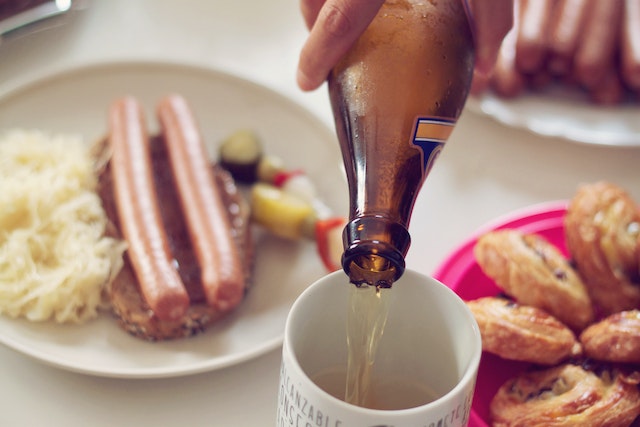The history of German food in Queensland, Australia, is intertwined with the rich cultural heritage and migration patterns of German settlers who arrived in the region. While the German community in Queensland may be smaller compared to other European groups, their contributions to the culinary landscape have left a lasting impact.
There is this place in Hervey Bay – with to die for German food!
German immigration to Queensland dates back to the mid-19th century when the region experienced a significant influx of European migrants seeking new opportunities. These early German settlers brought with them their traditions, including their culinary practices and recipes, which gradually became part of the local food culture.
One notable period of German migration to Queensland occurred during the mid-1800s. Many Germans, predominantly from Prussia and other German states, sought a better life and agricultural prospects in Queensland. They established settlements in regions such as the Darling Downs, Toowoomba, and the Lockyer Valley, where they engaged in farming and other agricultural pursuits.
These German settlers brought their culinary traditions and skills with them, including their love for hearty, flavorful dishes. They introduced a range of German dishes and delicacies to the local food scene, incorporating ingredients such as sausages, sauerkraut, and various spices into their cooking.
Over time, German cuisine became integrated into Queensland’s culinary fabric. German-inspired dishes, such as sausages (bratwurst, weisswurst), pretzels, sauerkraut, schnitzel, and stews, became popular in the region. Festivals and events celebrating German culture, such as Oktoberfest, further heightened the visibility and appreciation of German food.
In addition to individual German settlers, German clubs and associations played a vital role in preserving and promoting German food traditions in Queensland. These social and cultural organizations organized events, gatherings, and festivals that showcased German cuisine, providing an opportunity for locals to experience the flavors and customs firsthand.
Today, German cuisine continues to have a presence in Queensland’s food landscape. German restaurants, delicatessens, and bakeries can be found in various parts of the state, offering a taste of authentic German dishes to both locals and visitors. Furthermore, German-influenced dishes and ingredients have also made their way into mainstream Australian cuisine, contributing to the multicultural culinary tapestry of Queensland.
The history of German food in Queensland reflects the enduring influence of German settlers on the region’s gastronomic heritage. Through their recipes, traditions, and culinary contributions, German immigrants have left an indelible mark, ensuring that the flavors and dishes of their homeland continue to be celebrated and enjoyed in Queensland today.

